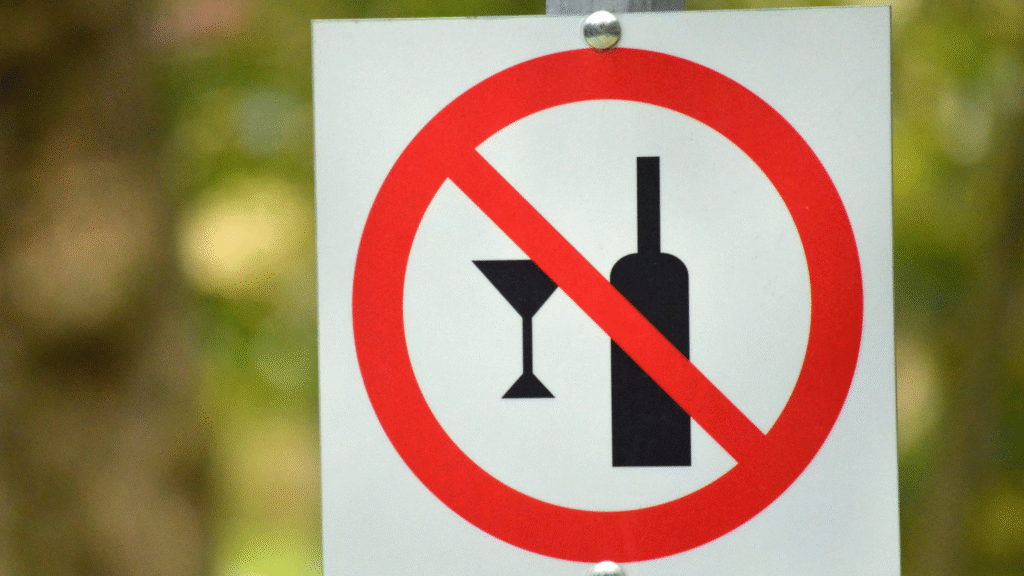The Art of Consensus, or Mediation from A to Z: Time and Money in Mediation
Time and money are crucial factors in resolving any dispute. Mediation seems to be the most beneficial method for addressing both aspects.
Time in mediation
The excessive length of court proceedings, not only in Poland, is unfortunately gradually becoming the norm. In arbitration, too, proceedings are extending, mainly because of the busy schedules of arbitrators.
In mediation, the length of the process mainly depends on the parties themselves and the mediator’s skills. Of course, the complexity and size of the dispute also matter, but when both parties, through skilled mediation, show a desire to resolve the dispute amicably, these challenges no longer become crucial.
The parties and the mediator can agree on the number, duration, and course of meetings at their discretion. Importantly, either party may withdraw from mediation at any time if they believe the chances of reaching a settlement are low.
According to statistics from the Court Mediation Centre, the average mediation takes just 42 days.
Money in mediation
As we know, time is money, so the starting point for determining the cost of mediation is the speed of the proceedings. The sooner a dispute is resolved, the sooner both parties will be free from the uncertainty of whether, when, and how much they will recover from their debt or have to pay their counterparty. From a business viewpoint, this can often be a crucial factor in daily operations. Additionally, resolving a dispute with a settlement before a mediator has, in our experience, often led to the continuation of business interests.
In contractual mediation, the fees for attorneys and the mediator depend solely on the agreements made between the parties, their attorneys, and the mediator.In the case of court mediation in civil cases, its costs are specified in the Regulation of the Minister of Justice. According to this regulation, the mediator’s fee in property rights cases is 1% of the dispute’s value, but not less than PLN 150 and not more than PLN 2,000. In other cases, the mediator’s fee is PLN 150 for the first session and PLN 100 for each subsequent session, with a maximum total of PLN 450. The mediator is also entitled to reimbursement for costs incurred, such as travel, room rental necessary for mediation (no more than PLN 70 per session), and correspondence (no more than PLN 30). The applicable VAT rate increases by the above amounts if the mediator is a taxpayer.
Summary
In summary, mediation, because of its speed and the involvement of fewer resources and people in the dispute, is a much more appealing way to resolve conflicts. Importantly, and often overlooked in practice, starting mediation at the very beginning of a dispute, even if a settlement isn’t reached, can lead to positive outcomes, such as gaining clarity about one’s own interests or better understanding the other party’s perspective. This, in turn, can make litigation or arbitration more effective.
Given the current state of the Polish judiciary, it’s also hard to believe that mediation could extend proceedings. Courts often schedule the first hearings several, or even a dozen, months after filing a lawsuit. Therefore, there’s nothing stopping you from starting your dispute resolution with mediation or doing it alongside court proceedings – the risk is minimal, and the potential benefits can be significant.














